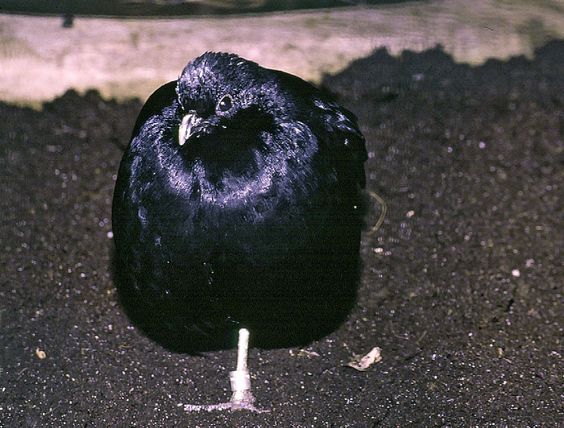Choosing the right chicken nest is important for the health and safety of your birds, as well as for egg production. Here are some factors to consider when choosing a chicken nest:
1. Size: The nest should be large enough for your chickens to comfortably enter and exit, as well as to move around inside. A good rule of thumb is to have at least one nest per four to five birds, and each nest should measure at least 12 inches square.
2. Location: The nest should be located in a quiet, private area that is free from drafts and other environmental hazards. Chickens prefer to lay their eggs in a calm, peaceful environment, so avoid placing the nest in a high traffic area or near loud machinery.
3. Material: The nest should be made of a durable, easy-to-clean material, such as wood or plastic. The bottom of the nest should be lined with soft material, such as straw or shavings, to provide a comfortable surface for the eggs.
4. Accessibility: The nest should be easy for you to access for egg collection and cleaning. Consider choosing a nest with a hinged lid or removable bottom for easy access.
5. Ventilation: The nest should be well-ventilated to prevent the buildup of heat and moisture, which can lead to mold growth and other health hazards for your chickens.
6. Security: The nest should be secure to prevent predators from accessing your chickens and their eggs. Choose a nest with a locking mechanism or other secure closure.
7. Design: Chicken nests come in a variety of designs, including communal nests, individual nests, and rollaway nests. Consider which design will work best for your flock and your management style. For example, rollaway nests can help prevent egg breakage and reduce the risk of egg-eating, while individual nests can give each chicken their own space and help prevent egg-laying conflicts.
8. Ease of cleaning: The nest should be easy to clean to maintain good hygiene and prevent the buildup of bacteria. Choose a nest with smooth, easy-to-clean surfaces and consider using removable liners or trays for added convenience.
9. Durability: The nest should be made of durable materials that can withstand regular use and cleaning. Choose a nest made of high-quality materials, such as treated wood or heavy-duty plastic, and avoid nests with flimsy or weak components.
10. Cost: Chicken nests are available at a range of price points, so consider your budget when choosing a nest. While a cheaper nest may seem like a good deal, it may not be as durable or long-lasting as a higher-quality, more expensive nest.
11. Compatibility with egg collection systems: If you plan to use an egg collection system, such as a conveyor belt or egg tray, make sure the nest is compatible with the system. The nest should have a design that allows eggs to roll or slide out easily, without getting stuck or damaged.
12. Number of openings: Consider the number of openings or access points on the nest. Multiple access points can make it easier for chickens to enter and exit the nest, and can also help prevent egg-laying conflicts.
13. Height from the ground: The height of the nest from the ground should be appropriate for your chickens. If the nest is too high, it may be difficult for some birds to access, while a nest that is too low may be more susceptible to drafts and environmental hazards.
14. Availability of replacement parts: Consider whether replacement parts, such as liners or hinges, are readily available for the nest you choose. Having easy access to replacement parts can help you quickly and easily repair any damage or wear and tear to the nest, extending its lifespan and ensuring that it continues to provide a safe and comfortable space for your chickens.
15. Ease of assembly: If you plan to assemble the nest yourself, consider how easy it will be to put together. Choose a nest with clear instructions and minimal tools required for assembly, or consider purchasing a pre-assembled nest for added convenience.
By taking these additional factors into consideration when choosing a chicken nest, you can help ensure that your flock has a comfortable, safe, and productive space for laying their eggs, while also making the nest as easy to manage and maintain as possible.






